The only New Year’s resolution you should make — and it will save your life
Forget all the “new year, new you” hype — there’s only one resolution you should make for 2019.
It’s the time of year when we commit to losing weight, drinking less and quitting smoking as part of New Year’s resolutions.
But forget all the “new year, new you” hype. There’s only one resolution you need to make, and it could save your life or someone else’s.
Peter Bragge is a professor of behaviour change at Monash University and said the vast majority of Australians are guilty of this potentially deadly and highly addictive habit.
“My colleagues at Monash’s Accident Research Centre have found that 60 per cent of people admit to reading texts on their mobile phones while driving,” Mr Bragge said.
“Studies have linked distracted driving with about one-third of fatal car crashes, so this is a huge challenge. It’s incredibly dangerous; there’s no doubt about it.”
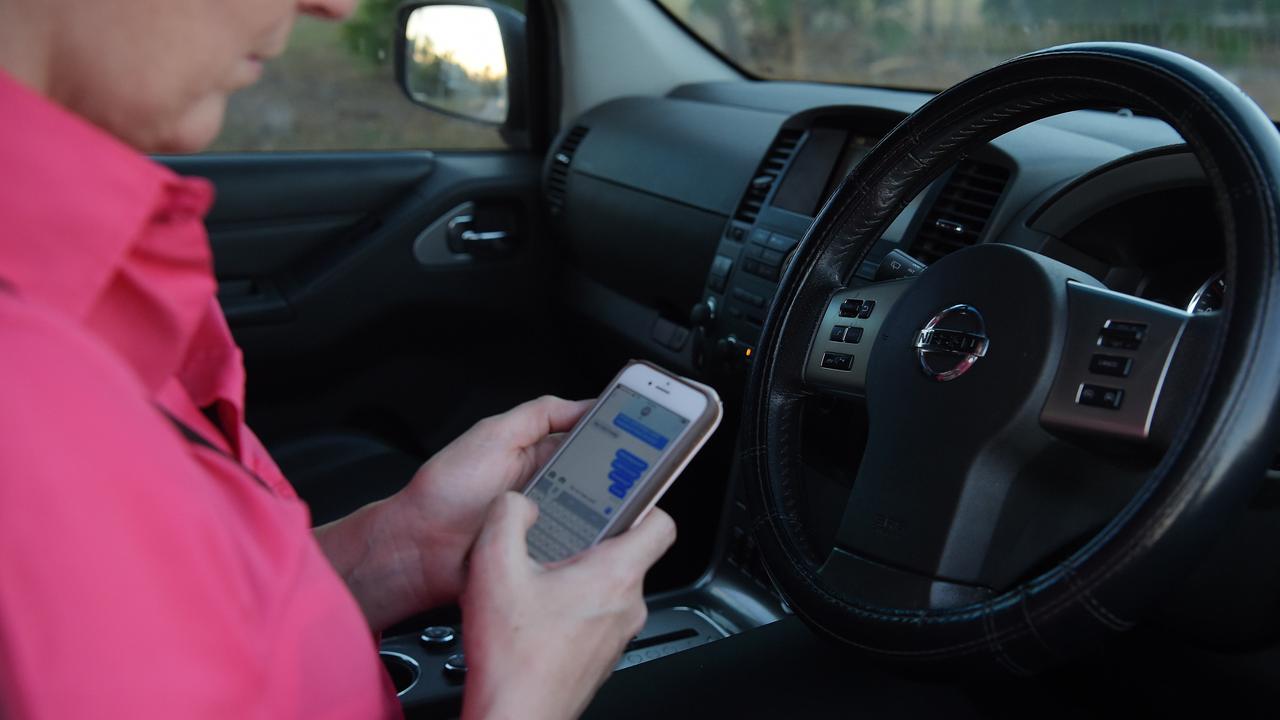
Before you click away to read something else, perhaps thinking you’re a safe driver who can multi-task, think again.
Neuroscience research shows it’s virtually impossible to fully focus on two things, including driving safely, Mr Bragge said.
And while you think you’re a good driver who can manage the occasional quick text, all of the evidence available shows you’re not.
“Research shows that drivers who use mobiles believe they’re safer and more skilled than other drivers. They believe their individual risk is lower as a result. The facts tell us that’s not true.”
Using your mobile phone while driving is on par with being drunk behind the wheel, putting motorists at significant risk of potentially fatal crashes.
RELATED: Undercover squeegee cops nab dozens of drivers on phones
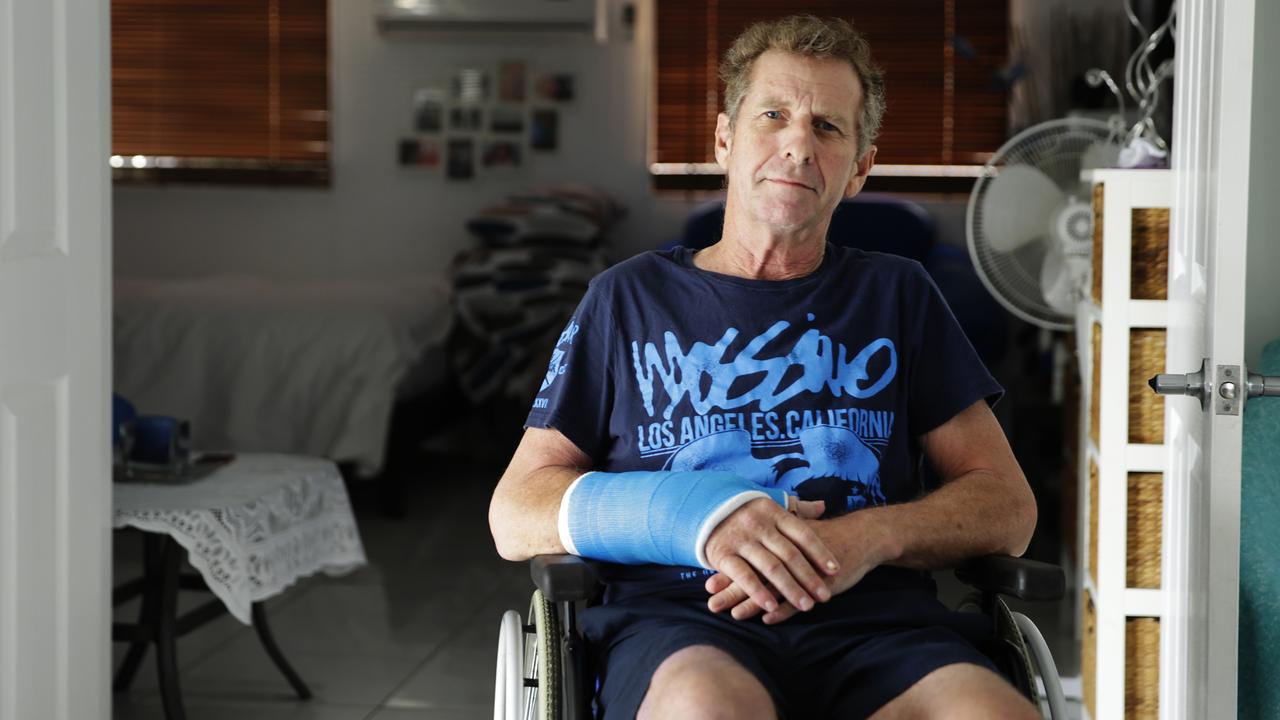
The consequences can be life-ending or life-changing for you and other people.
In June 2016, Harry Heyes and his brother Trevor were riding their motorcycles along a stretch of road in the Queensland town of Kabra when a motorist using her mobile veered onto the wrong side of the road and smashed into them.
Harry, 61, was in front and bore the brunt of the collision, dying instantly. Trevor suffered extensive injuries and spent several weeks in hospital after undergoing multiple operations.
The 26-year-old motorist was charged with dangerous driving causing death.
RELATED: P-plater cops $1200 fine and loses licence over stupid mistake
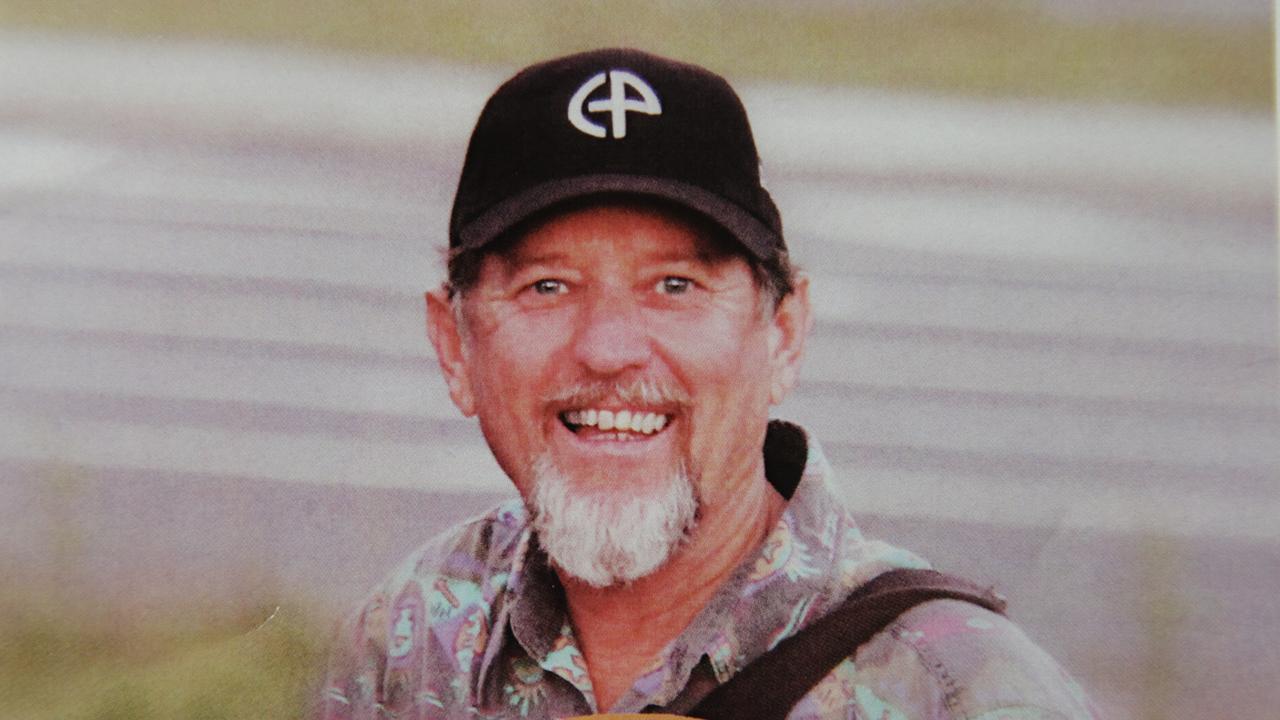
“I only remember the car taking my brother, then the girl patting me on the back as I lay there on the ground waiting for the ambulance,” Trevor told The Courier-Mail in the wake of the accident.”
The smash occurred on the day of their mother’s 90th birthday.
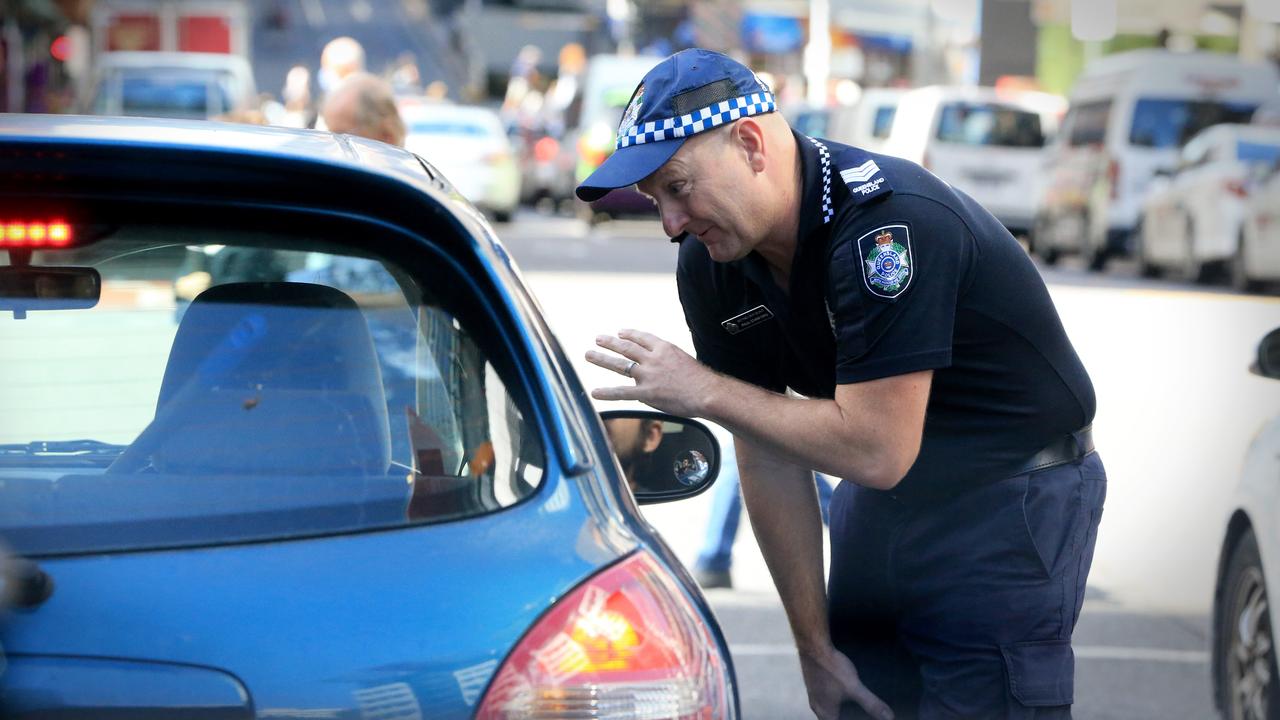
If you’re guilty of grabbing your device, don’t worry — Mr Bragge said it’s not entirely your fault. You probably fiddle with your phone without thinking.
“Mobile phones are designed to be addictive,” he said. “We get rewarded for engaging with mobiles so every time it rings or beeps, a lot of people automatically check it.”
Like all ingrained behaviours, this particular habit is a hard one to break, he said.
A good start is to be aware of the issue, which in this case is the significantly increased likelihood that you will crash your car if you use a phone and drive.
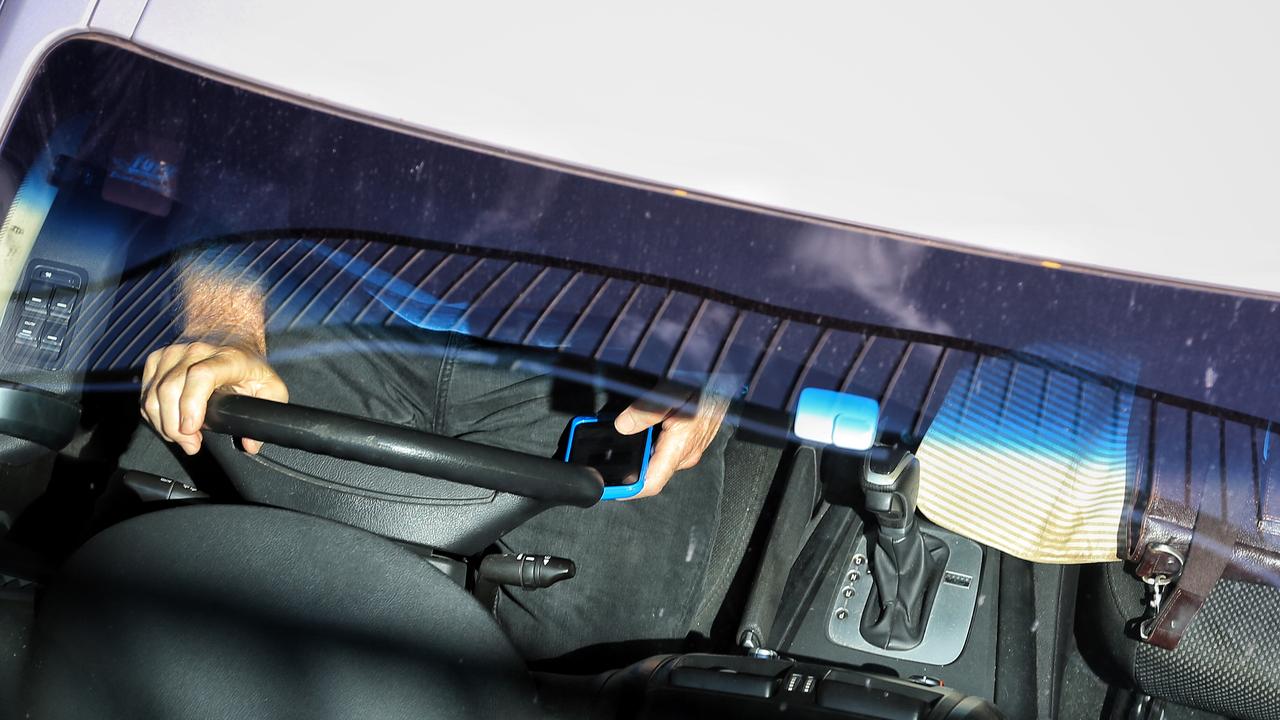
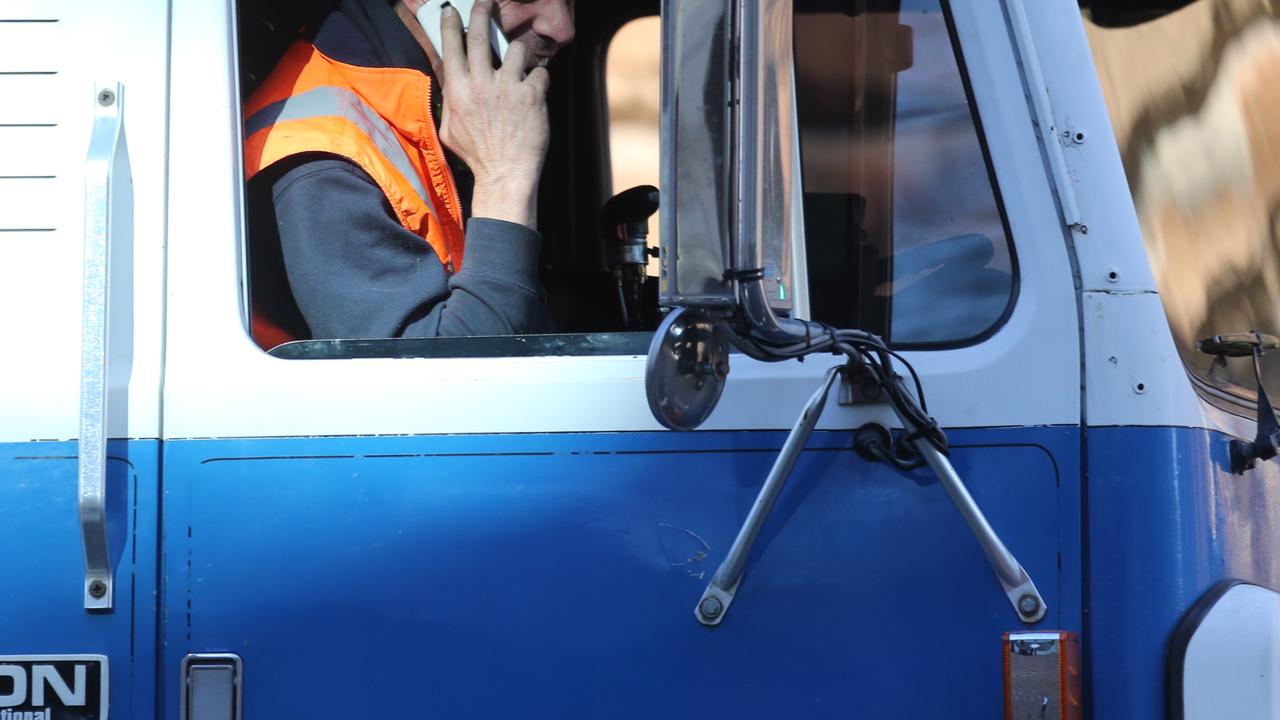
Awareness also extends to the potential consequences, with police across the country introducing stricter penalties, with hefty fines and demerit points.
They’re becoming much better at detecting phone use too, meaning that sneaky crotch text can be seen by advanced overhead cameras which you probably won’t notice.
And police in Melbourne last month went undercover as stop light window washers to nab drivers using their mobiles.
“Awareness is a start but it’s not enough,” Mr Bragge said.
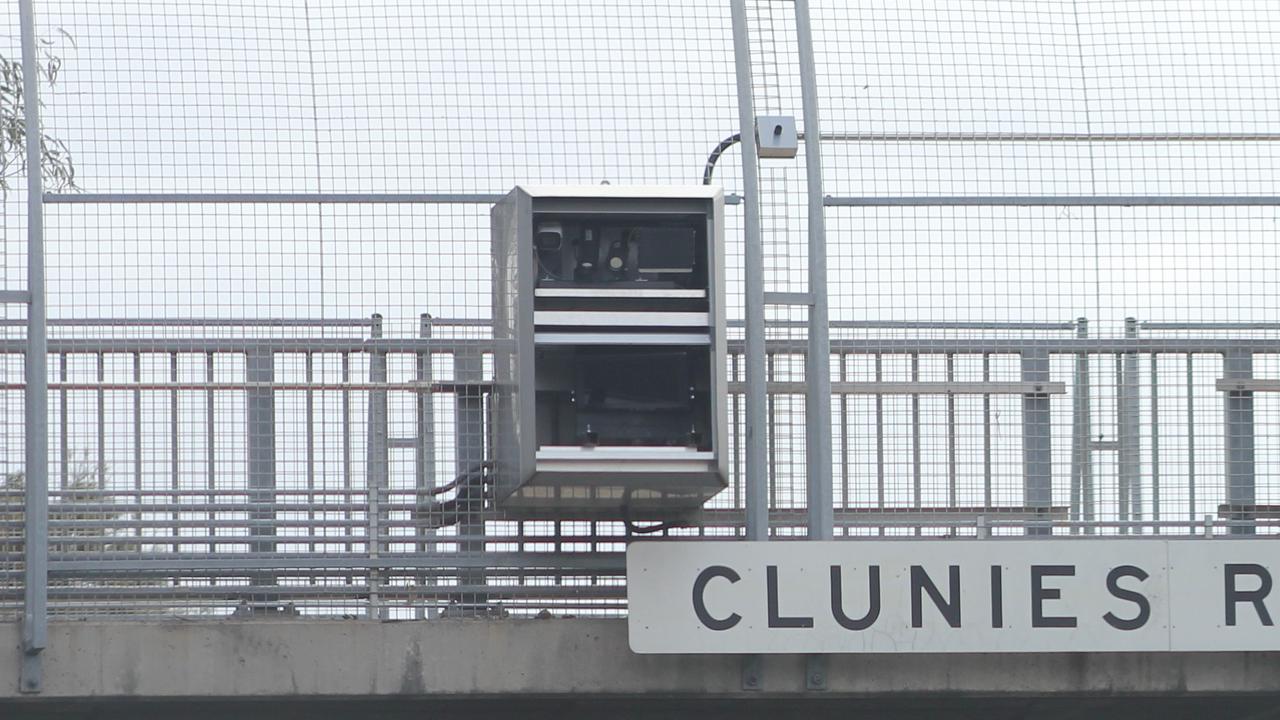
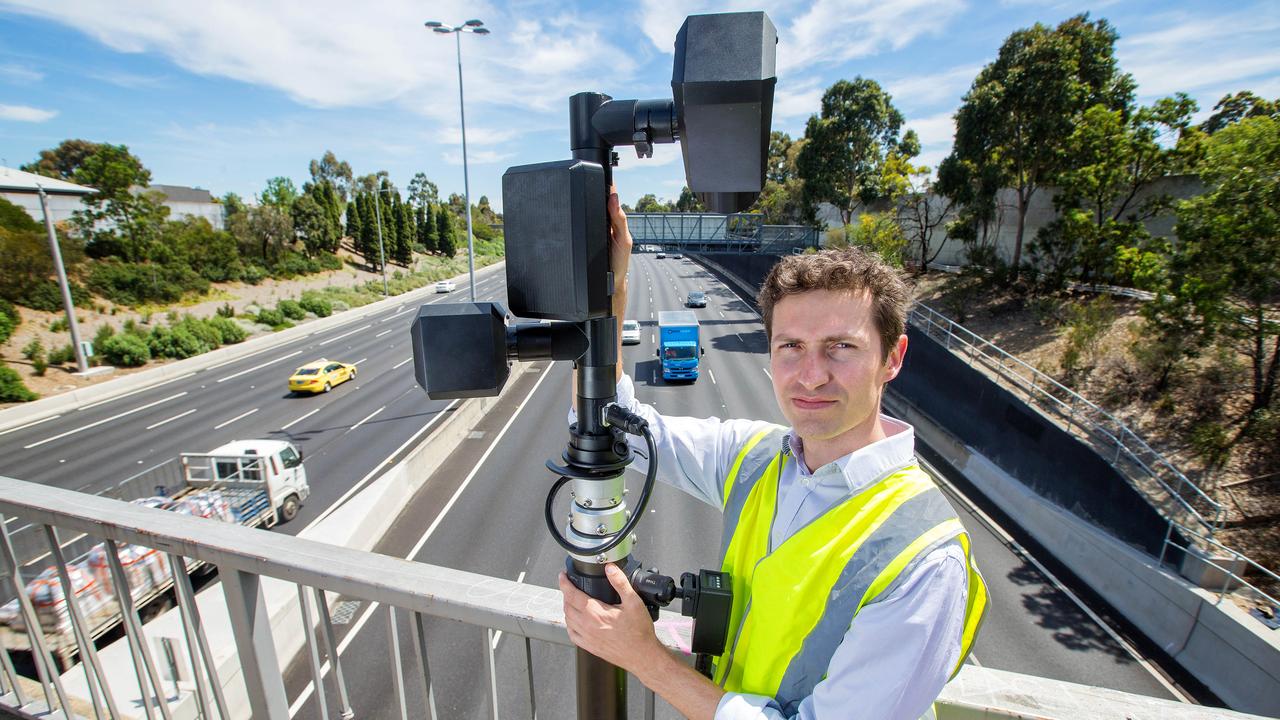
“There are other things you can do — locking your phone in the glove box or making it out of reach. Things like Google Maps navigation is voice-activated now so there’s no reason to touch your phone.”
And as the new year is a great time of self-reflection and goal-setting, committing to ditching your mobile usage habit should be a top priority, he said.
“The new year is a kind of event that makes people stop to think about what they want to do, reflect on behaviours and set goals. Use this one as an opportunity,” he said.
He said that effectively breaking habits involves a number of strategies and a major one is rewarding good behaviour.
“Rewards are very useful for making or breaking habits. You might decide that if you don’t touch your phone in the car for a week, you’ll give yourself a little reward of some kind.
“Of course, the best reward is saving your life or the life of someone else. Don’t contribute to a catastrophe for yourself or someone else.”
Continue the conversation shannon.molloy@news.com.au




